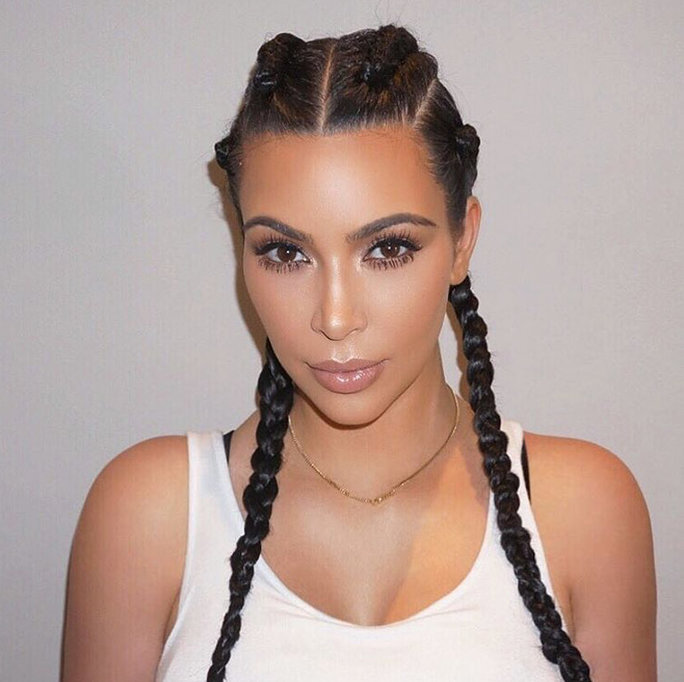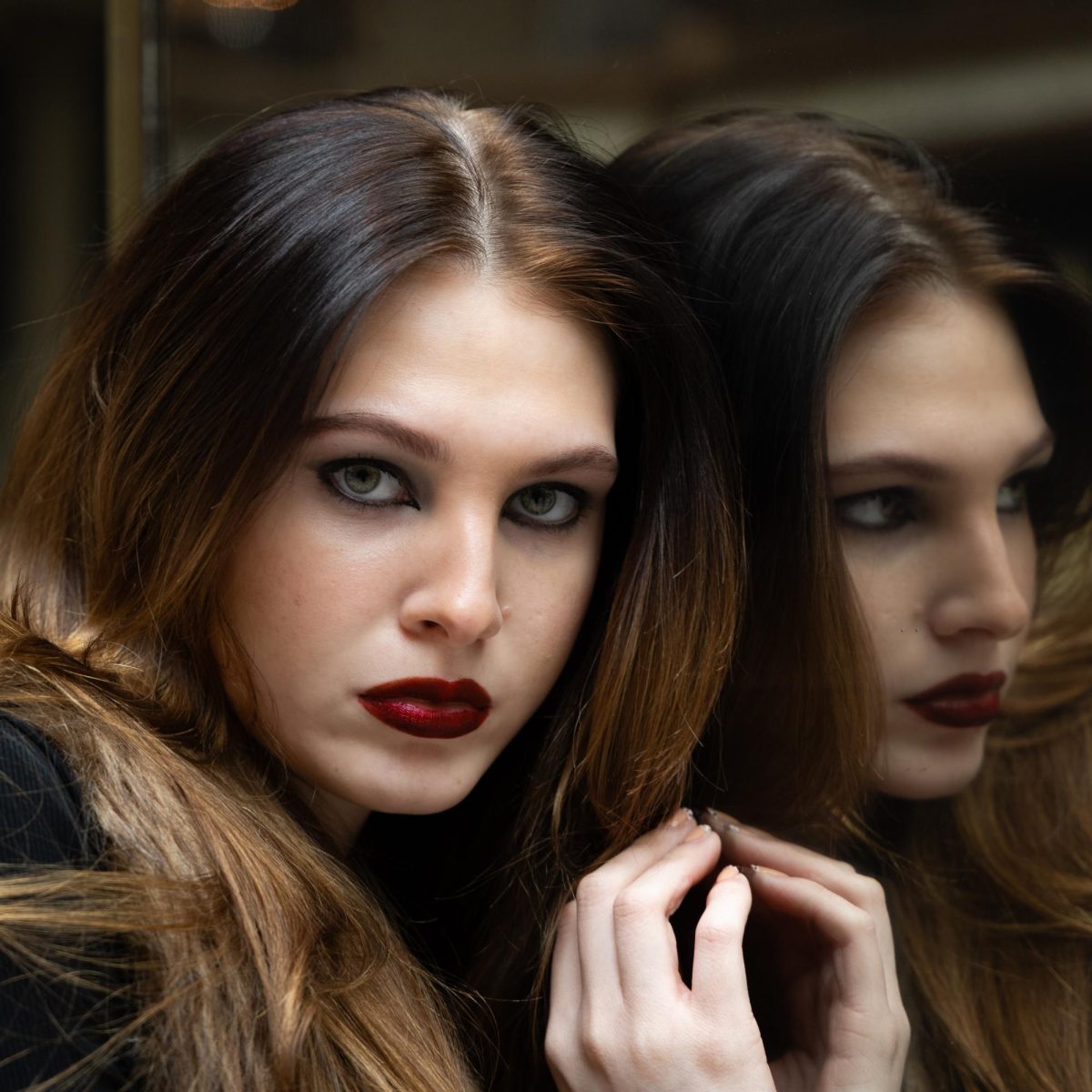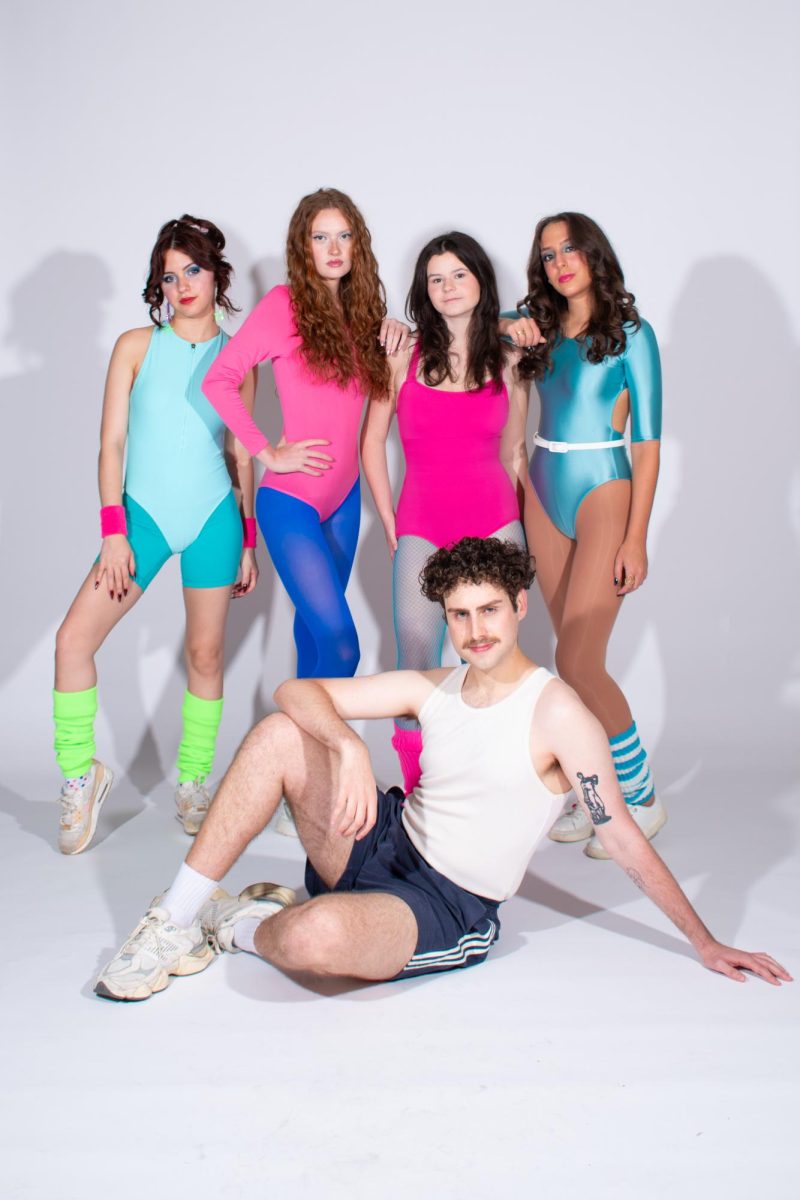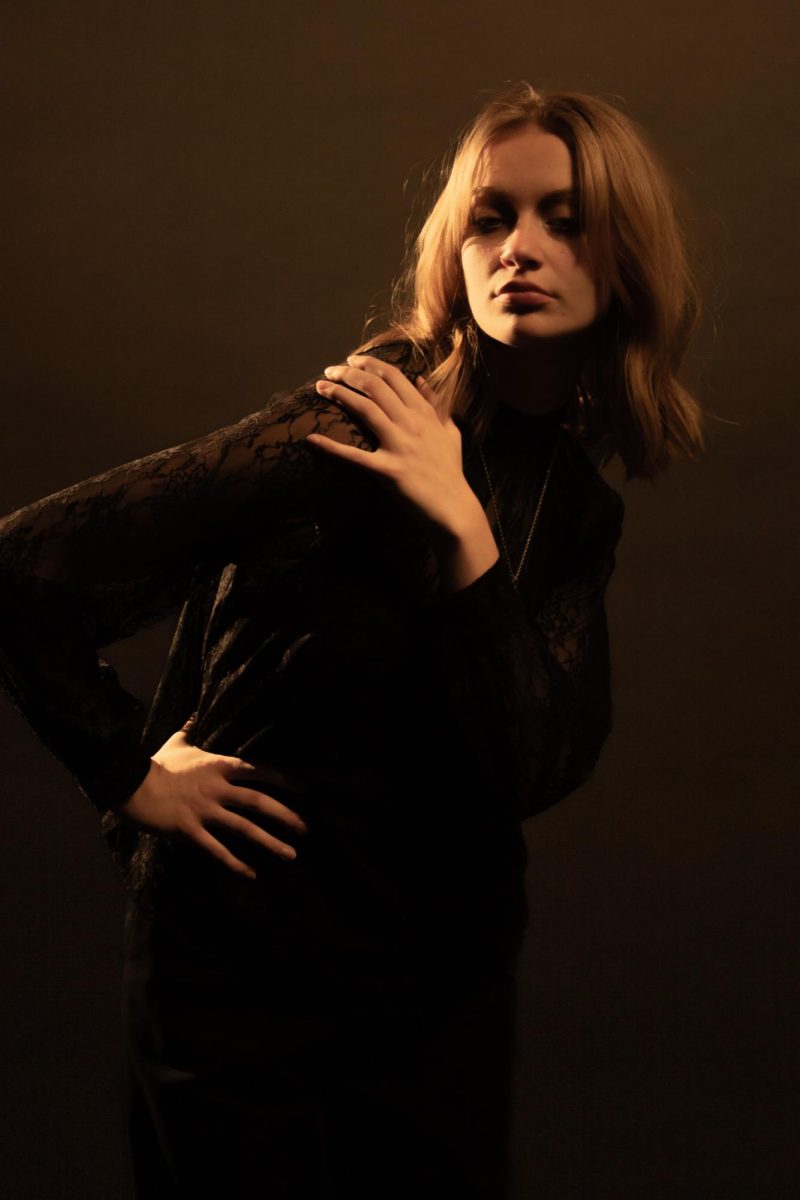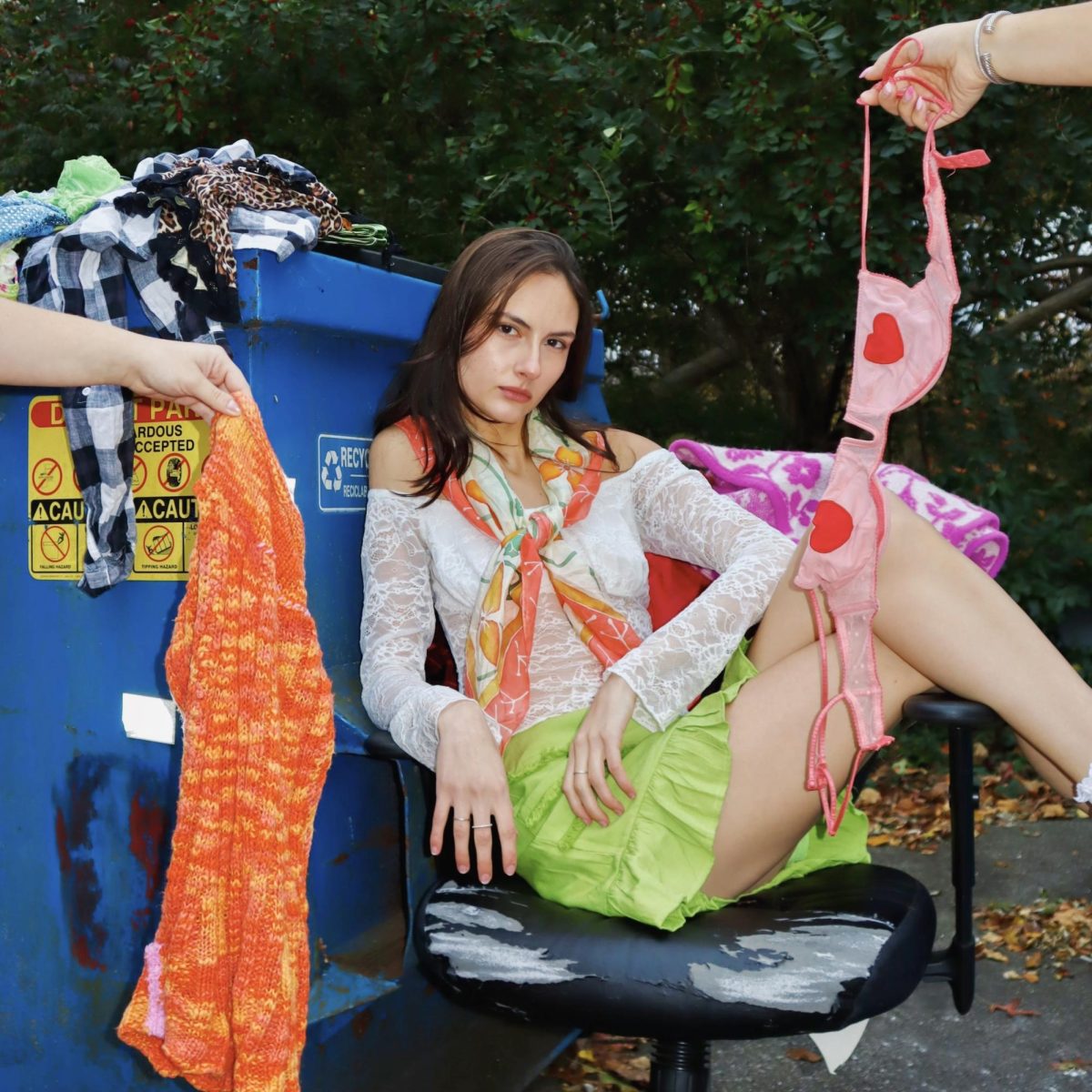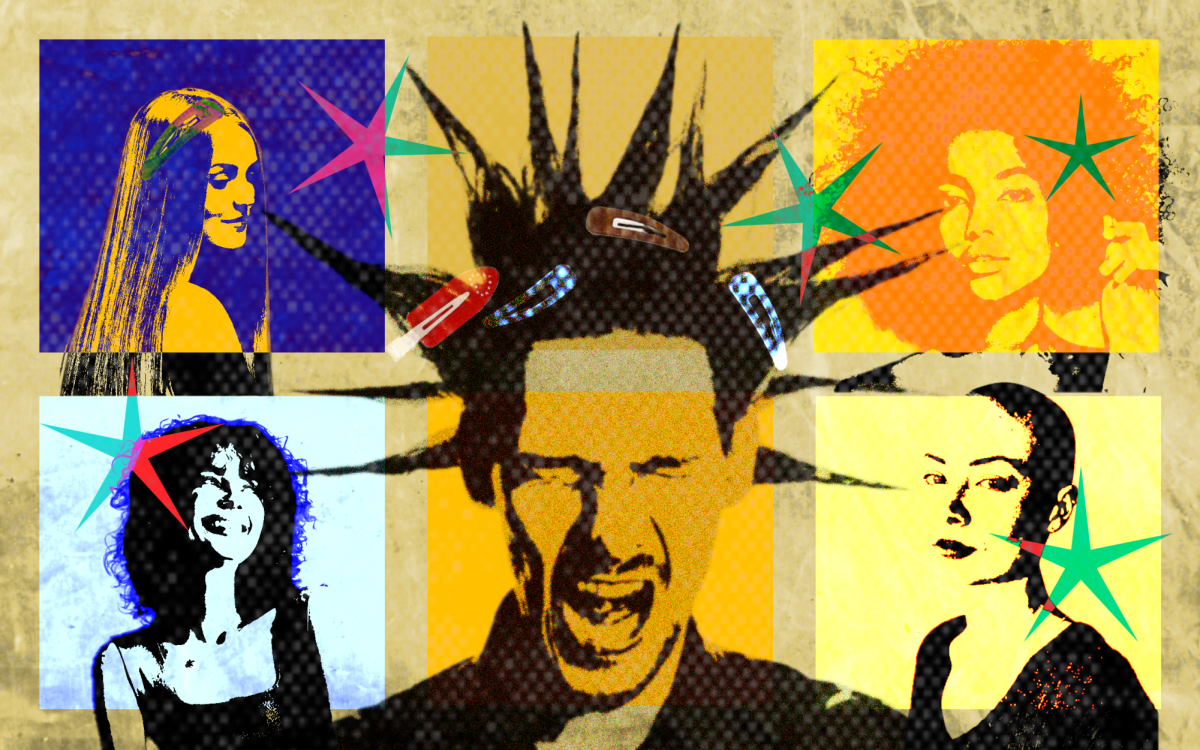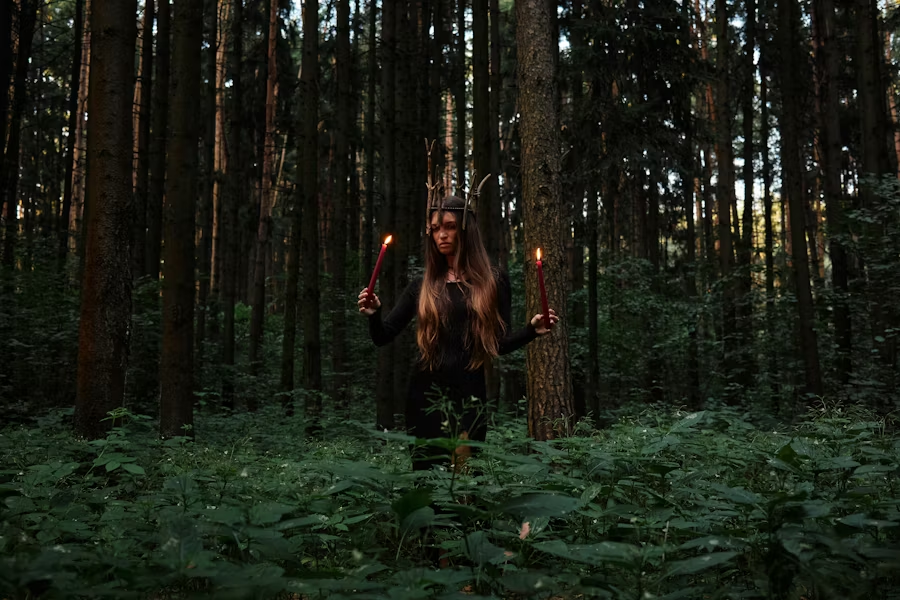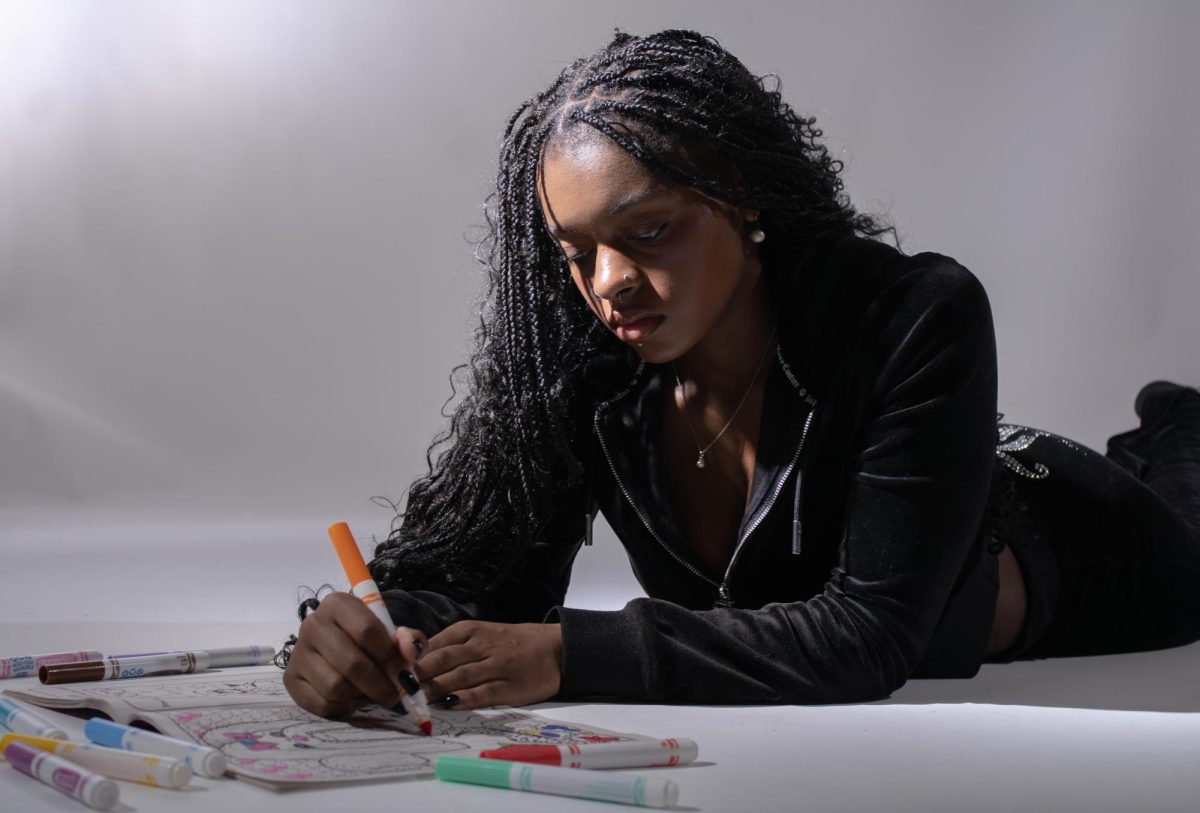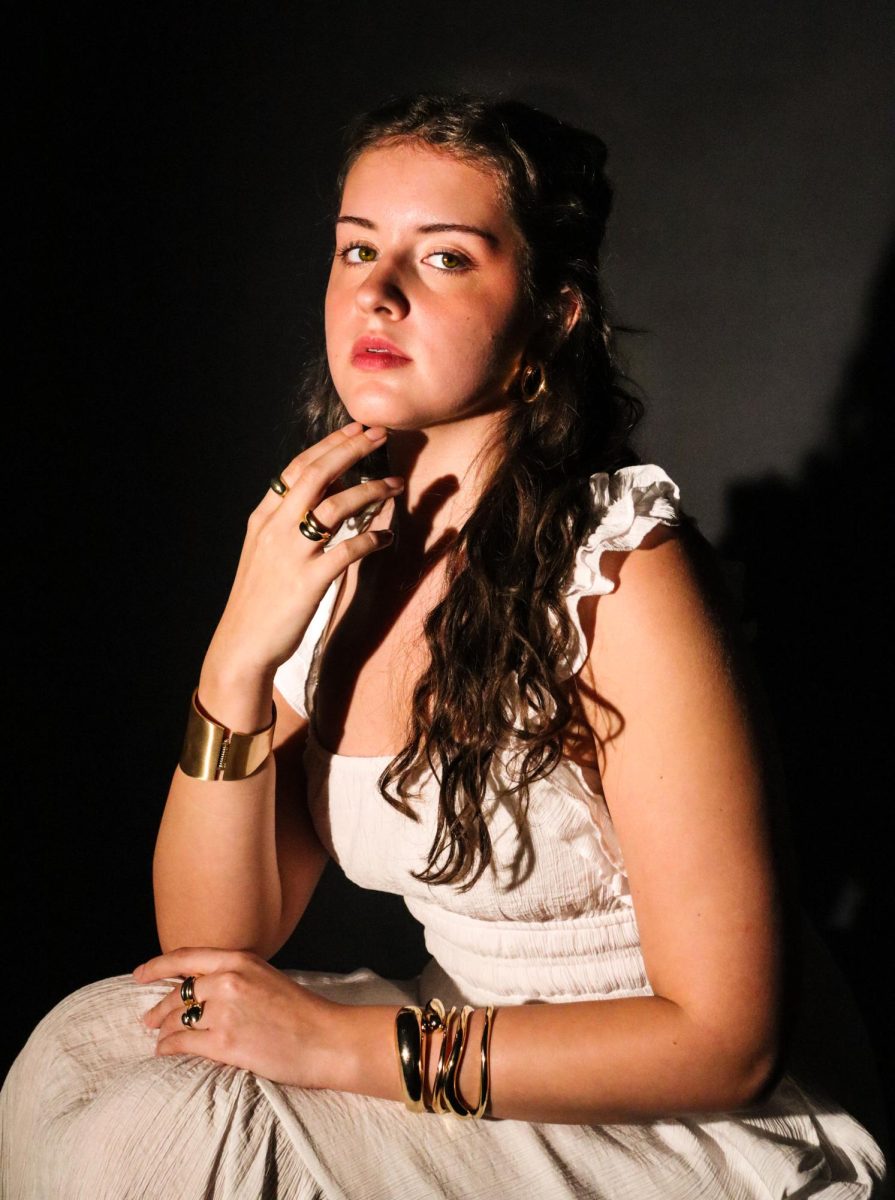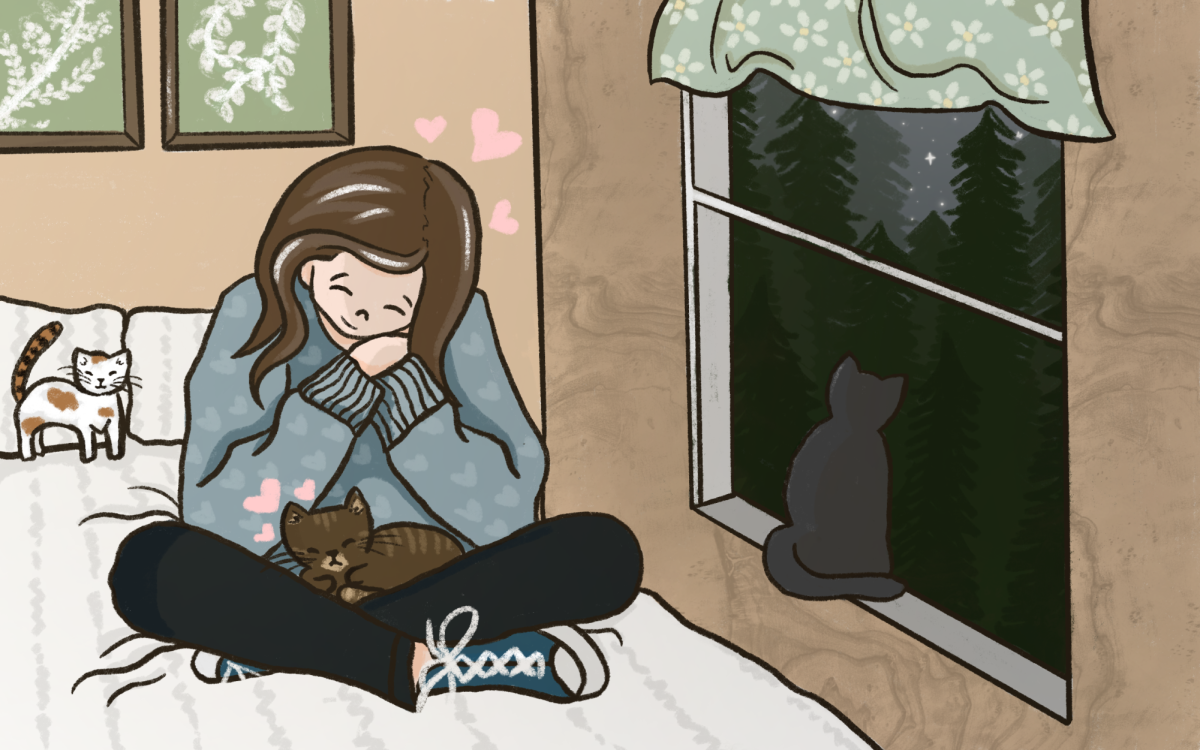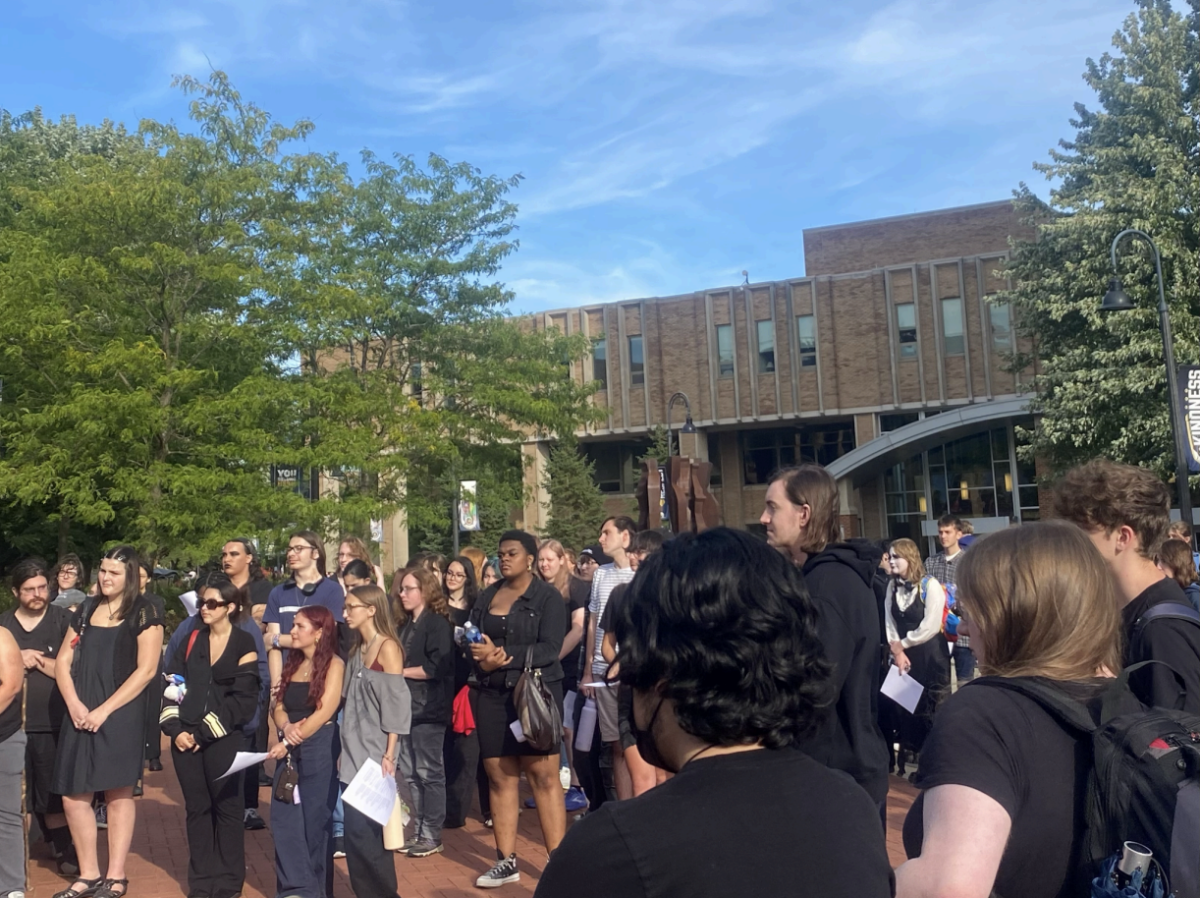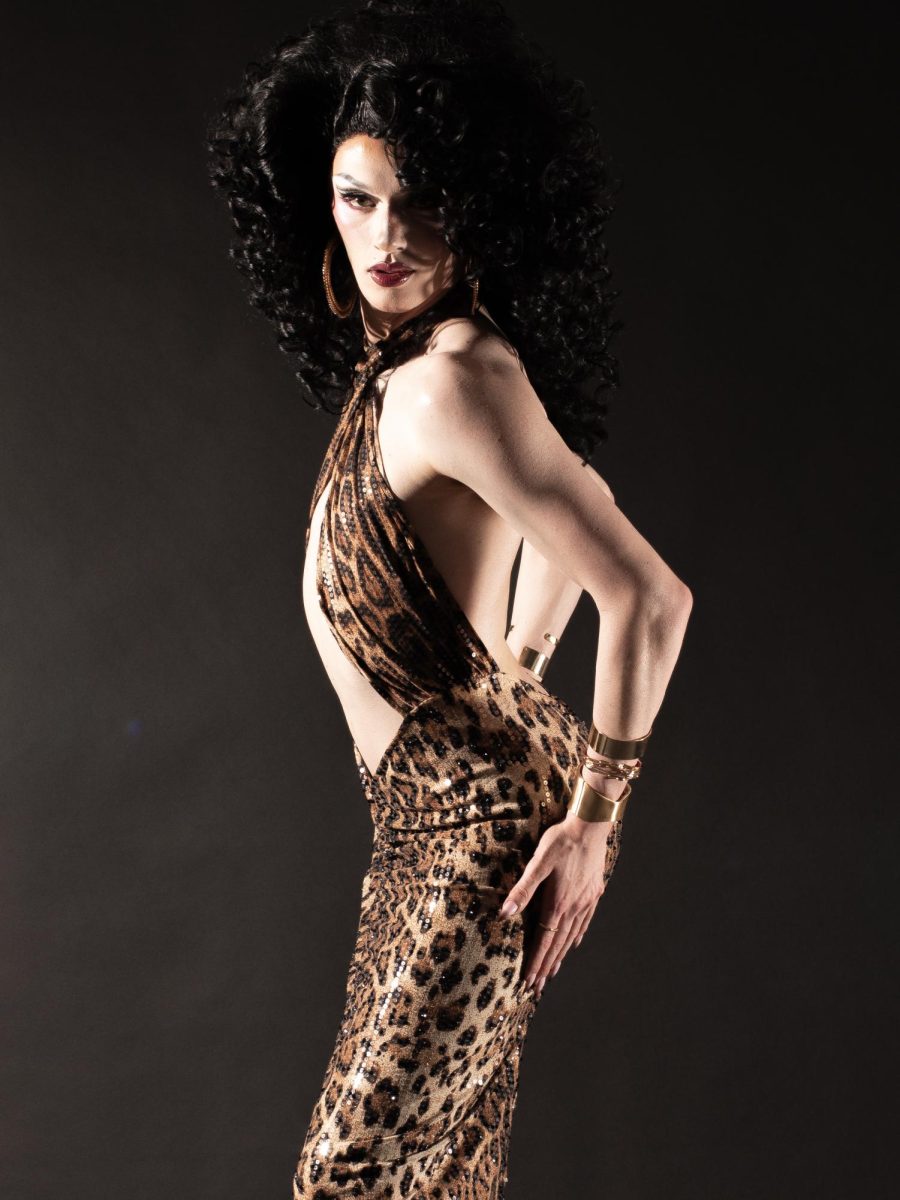© JUSTINEMARJAN/INSTAGRAM
Kim Kardashian is all about braids this season. Her look proves to be a champ around Instagram and has online publications, such as Huffington Post Style Canada and Cosmopolitan, raving about how the braids are practical and versatile.
In her article for Cosmo, “The 1 Hairstyle to Wear When You Don’t Feel Like Doing Your Hair,” Brooke Shunta writes, “Didn’t wash your hair today but meeting your girls for a drink? Throw your hair in boxer braids. No time to blow-dry your wet hair? Try boxer braids. Need a cool style when you’re taking a break from heat styling? Boxer braids.”
Two women left comments criticizing the author of supporting cultural appropriation. One of them said, “These aren’t boxer braids, these are CORN ROWS , my people have been doing them for CENTURIES WTF.”
Daily Mail said the look is inspired by Hilary Swank’s character in “Million Dollar Baby.”
MTV U.K has described the braids as a simple double dutch braid. Not all publications think Kardashian’s ‘boxer braids’ are a knockout.
Teen Vogue writer Britni Danielle said she laughed while reading a New York Post Article stating Sasha Obama’s hairstyle at the White House State Dinner was inspired by UFC fighters.
Danielle went on to write, “While UFC fighters (and female basketball players, and students, and moms…) have been rocking french braids and cornrows foryears, apparently nobody told the Post that Sasha’s so-called “trendy” look has never gone out of style, particularly in the Black community.”
Buzzfeed also doesn’t believe boxer braids are a new trend. Their articlefeatures 19 photos of black women with what they author deems as cornrows.
After the backlash she received, Kardashian renamed her tutorial video from boxer braids to KKW’S signature braid.
Singer and actress Zendaya told popsugar.com that Kardashian is appropriating black culture.
“Well, first of all, braids are not new. Black women have been wearing braids for a very long time, and that’s another part of the frustration. We’ve been using that as a protective style, as a hairstyle. That’s been in our culture and our community for a very long time. So it’s not this new, fresh, fun thing. Another problem is it became new and fresh and fun, because it was on someone else other than a black woman. You know what I mean? So that is the frustration. That’s where the culture appropriation element comes into play,” she said.

